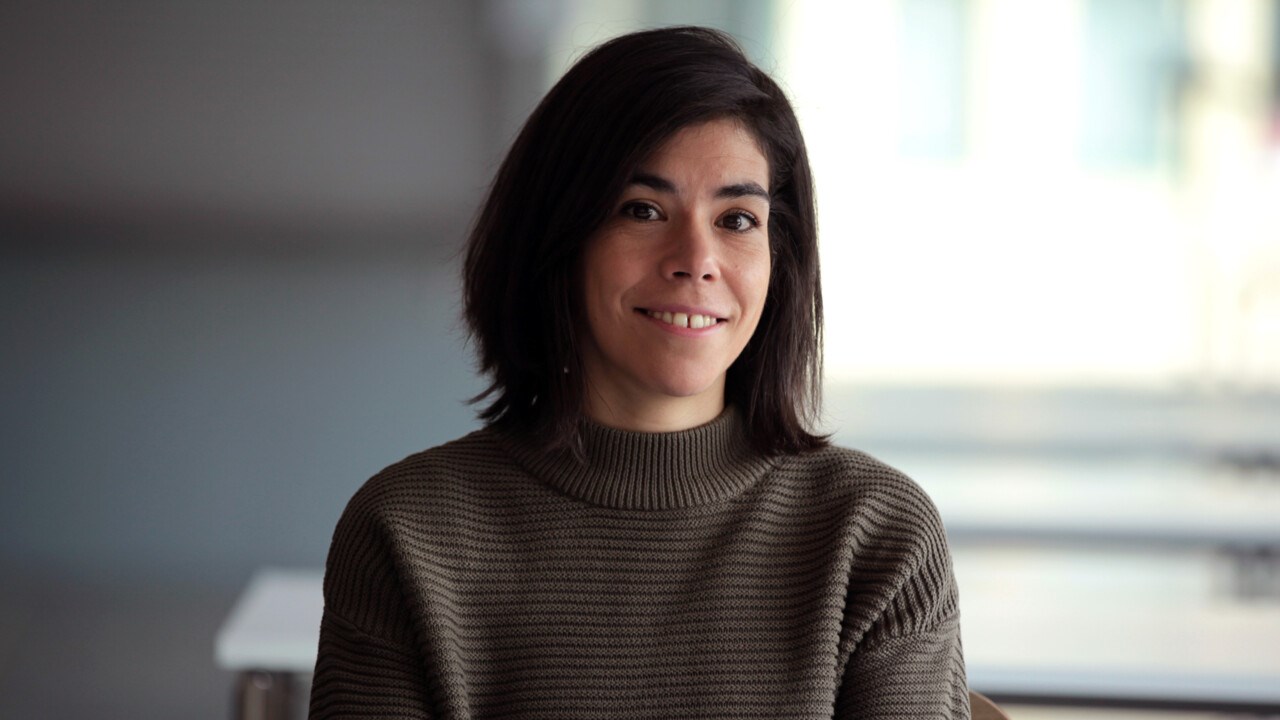About the act of defense
Friday May 22 Inês Félix will defense her dissertation, within the field of History and Education, School Journeys – Ideas and Practices of New Education in Portugal(1890–1960).
The act of defense will take place at 10.15 am to 12 am at The Humanities Building, HD 108, Umeå University. Opponent: Daniel Tröhler, Professor in Educational Sciences, Institut für Bildungswissenschaft, University of Vienna.



